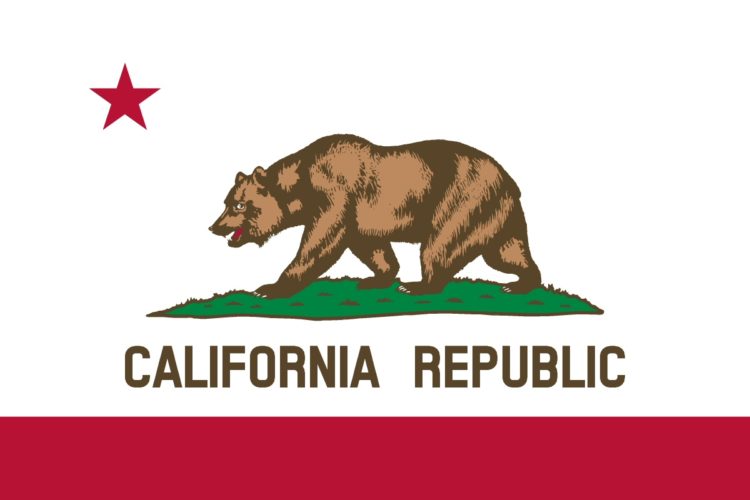California’s Brown Draws Wall Street Love for Caution Amid Boom

(Bloomberg) —
California is raking in cash from surging stocks and is sitting on billions in reserves. Governor Jerry Brown may resist spending much of it, keeping with the fiscal restraint that’s won applause from Wall Street.
The Democrat’s proposed budget for the next fiscal year, set to be released Wednesday, will likely reflect a cautious approach for the biggest U.S. state as the stock market hovers at record highs and its economy faces potential fallout from the federal tax overhaul enacted last month. With the state’s revenue and reserves rising, investors have pushed down the yields on California’s bonds to near AAA levels.
“There is a lot more uncertainty from the federal level that could affect California’s fortunes this coming year than there was 12 months ago,” said H.D. Palmer, a spokesman for Brown’s finance department. That “will underscore and reinforce the governor’s inclination to be very cautious in putting together a plan to allocate and commit state resources.”
Buoyed by taxes from the stock market’s gain, California could finish the fiscal year that ends in June 2019 with $19.3 billion in reserves, of which $7.5 billion could go toward new spending, according to the nonpartisan Legislative Analyst’s Office. So far this budget year, California income-tax collections have exceeded forecasts by about 10 percent, the office said in a Jan. 3 report.
Brown, who took office in 2011 while the state was still reeling from the effects of the recession, has strove to keep more of a cushion for future downturns, a theme that will likely emerge in this budget, his last as governor. He boosted reserves by 27 percent to $8.5 billion in this year’s $125 billion plan. Obstacles ahead include possible federal setbacks ranging from the effects of the recently enacted tax overhaul — which will fall heavily on some residents by capping state and local tax deductions — to the potential loss of funding for children’s health insurance, said Palmer.
Bond buyers have rewarded the fiscal turnaround in California, which has been boosted to the fourth-highest rank by the three major rating companies, its best standing since the turn of the century. The extra interest, or spread, investors demand to hold California 10-year bonds instead of top-rated debt is 0.09 percentage point and hit as little as 0.06 percentage point last month, the lowest since at least 2013. The spread was as high as 0.67 percentage point in June 2013, data compiled by Bloomberg show.
Investors want to see continued restraint, given the state’s vulnerability. California draws a large share of taxes from wealthy residents whose incomes are tied closely to the stock market, which saddled the state with huge budget deficits after the Internet and real estate bubbles burst. The top 1 percent of earners accounted for nearly half of the state’s personal income-tax collections in 2015.
“You’re likely to see upbeat news from those revenue numbers, but on the flip side, California has a knack for embarking on large-scale spending programs just as the economy begins to crest,” said Rob Amodeo, head of municipals at Western Asset, which manages $22 billion in municipal bonds.



No Comment